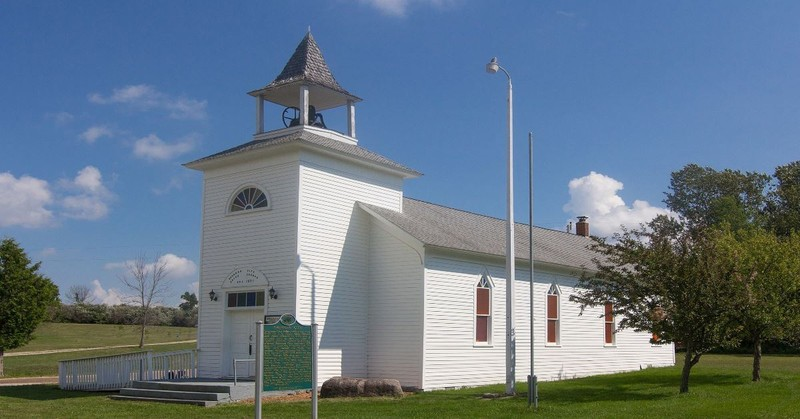National Association of Christian Ministers How to Series: Ministry
Starting an independent Christian church can be a significant undertaking, and it’s important to approach the process prayerfully and thoughtfully. Here are some steps you can take to start an independent Christian church:
1. Develop a vision: The first step in starting an independent Christian church is to develop a clear vision for what the church will be and what it will accomplish. Consider the mission, values, and goals of the church, and think about how it will serve and impact the community.
2. Gather a core team: Building a team of like-minded individuals who share your vision and passion for ministry is crucial. Look for people who have a heart for serving others and a desire to see the church thrive.
3. Choose a name and legal structure: Choose a name for your church that reflects your vision and mission, and decide on the legal structure of your church, whether it be a non-profit or another form of organization.
4. Develop a statement of faith: Develop a clear statement of faith that outlines your beliefs and theological positions. This will help to establish the identity and direction of the church.
5. Find a location: Decide on a location for your church. This could be a rented space, a community center, or even a home or backyard. Be sure to research any zoning or legal requirements for operating a church in your area.
6. Establish a worship style: Decide on a worship style that reflects the vision and mission of the church. This could include traditional or contemporary music, liturgical or non-liturgical worship, or other forms of expression.
7. Plan outreach and evangelism: Plan outreach and evangelism efforts to reach out to the community and bring in new members. This could include hosting events, serving the community, and engaging with local organizations and groups.
8. Develop programs and ministries: Develop programs and ministries that align with the vision and mission of the church. This could include Bible studies, small groups, youth ministries, and other programs that support the spiritual growth and development of members.
Starting an independent Christian church can be a challenging and rewarding process. It’s important to seek guidance from experienced church leaders and to approach the process with humility, prayer, and a commitment to serving others.
If you’re starting a new church, the first thing you need is to decide on the purpose. This can be done by finding a common purpose for a church and finding what defines your church or community. When it comes to an opening statement of faith, there are several questions you should answer like:
What is your purpose for starting a church? The purpose you choose for the church should reflect its goals and mission for its community. The core beliefs that govern the church will dictate your ministry. What distinguishes your church from all others?
Once you have decided on the goal of the church, you can begin planning how to get started. Consider getting a minister’s manual to give you the understanding of how to conduct the business, government, rites, and ceremonies of ministry.
Here are a few recommended books:
The Minister’s Personal Handbook
The next step is to find out what the other churches in your area are doing. You will want to have a mission statement for the church that reflects your beliefs.
A website is another way to start a church. It can be difficult to find the time, but with a little patience, you will have a website up and running before you know it.
Once your website is up, you can begin looking for volunteers to help you run the church. The church can benefit from individuals who are willing to give a little time to make it successful. If you are able to offer volunteer opportunities for a set amount of time, you will see a higher turnout for services and a larger attendance at your Sunday events.
One of the best things about starting a church is that its services can reach people from every walk of life and every faith tradition. You don’t have to be limited to a specific group to provide services. The important thing is that your service provides something that you feel comfortable with and can share with others. Remember, the church will grow into a community that is dedicated to one mission.
The church will attract new members over time if you are willing to meet with them and show them the benefits that they can get from being a part of the church. This is often the case when a pastor starts a new church. Many times people will look to their new church as a haven and retreat from the distractions of the world. As the church grows, you’ll also be making connections with other churches throughout the community. Through this, you can share your faith with the people in these communities and build a stronger bond between you and the community.
Starting a church is a lot of work and it takes a lot of prayer, time and effort to see it through. However, nothing is more rewarding than answering God’s calling on your life.





